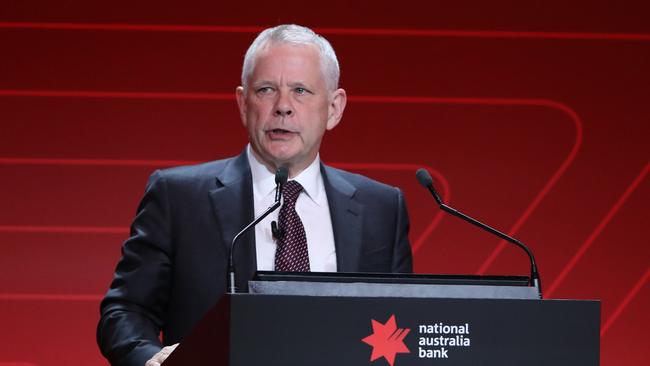Market Forces’ declining impact at bank AGMs shows corporate climate change tactics are shifting


Or are they?
Shareholder advocacy group Market Forces has led the way across corporate Australia, seeking to force change by using the tools of capitalism: Investing.
Here the not-for-profit organisation has asked investors to pledge the votes attached to their shares which can then be directed at imposing climate policies at the board level. The strategy quickly secured support from retail and big investors by demanding banks rewrite their constitutions mostly based around commitments to no longer provide banking and financing for fossil fuel projects.

It had really been the big investors forcing the boards to take notice of the Market Forces push, although proposals have yet to secure popular support.
In recent years the organisation has secured the backing of some major institutional names, particularly European based investors Allianz, Aviva, BNP Paribas, Credit Suisse Asset Management. Others include AllianceBernstein as well as Australian megafunds Sunsuper, Pendal Group and Cbus.
However investor support for Market Forces proposals has fallen dramatically in recent years.
Backing for proposals demanding companies to declare their funds won’t be used for new or expanded fossil fuel projects peaked in 2020 when nearly 30 per cent of ANZ investor votes were cast in support.
That same year NAB saw just over 26 per cent voted at its AGM.
Support for the same proposals have fallen to 8.3 per cent for ANZ this year and just 6.7 per cent for NAB.
There has been a similar trend for Commonwealth Bank and Westpac, votes for both falling to mid-single digits this year.

This is not to say banks now regard the Market Forces demands as a non-issue, rather the nature of climate advocacy has changed significantly.
Climate change is one of – if not the – most significant long-term challenges and opportunities of our time.
The discussion now is around transitioning to a low carbon end point because there is a recognition that simply switching off all financing can have a major negative impact on an economy.
Chief executive of the $233bn AustralianSuper Paul Schroder said the idea of security of food and security of energy are also becoming prominent issues for the community alongside climate change. This is taken on board as the major super fund pushes companies to cut carbon emissions.
Mining and energy companies from Origin to AGL have been handing investors a non-binding advisory vote on their climate change reports as a way to head off the activist pressure.
Banks themselves are changing how they lend as well as doing intensive work around measuring their carbon footprint through financing by developing consistency around Scope 2 and Scope 3 emissions.
“Climate change is one of – if not the – most significant long-term challenges and opportunities of our time,” NAB chairman Phil Chronican told the bank’s annual meeting on Friday. For many it is no laughing matter.





From a “laughing” protest disrupting Westpac’s annual meeting this week, to anti-coal protesters being ejected from National Australia Bank’s meeting and hours of climate related questions at ANZ, the major banks are at the front line of shareholder activism.